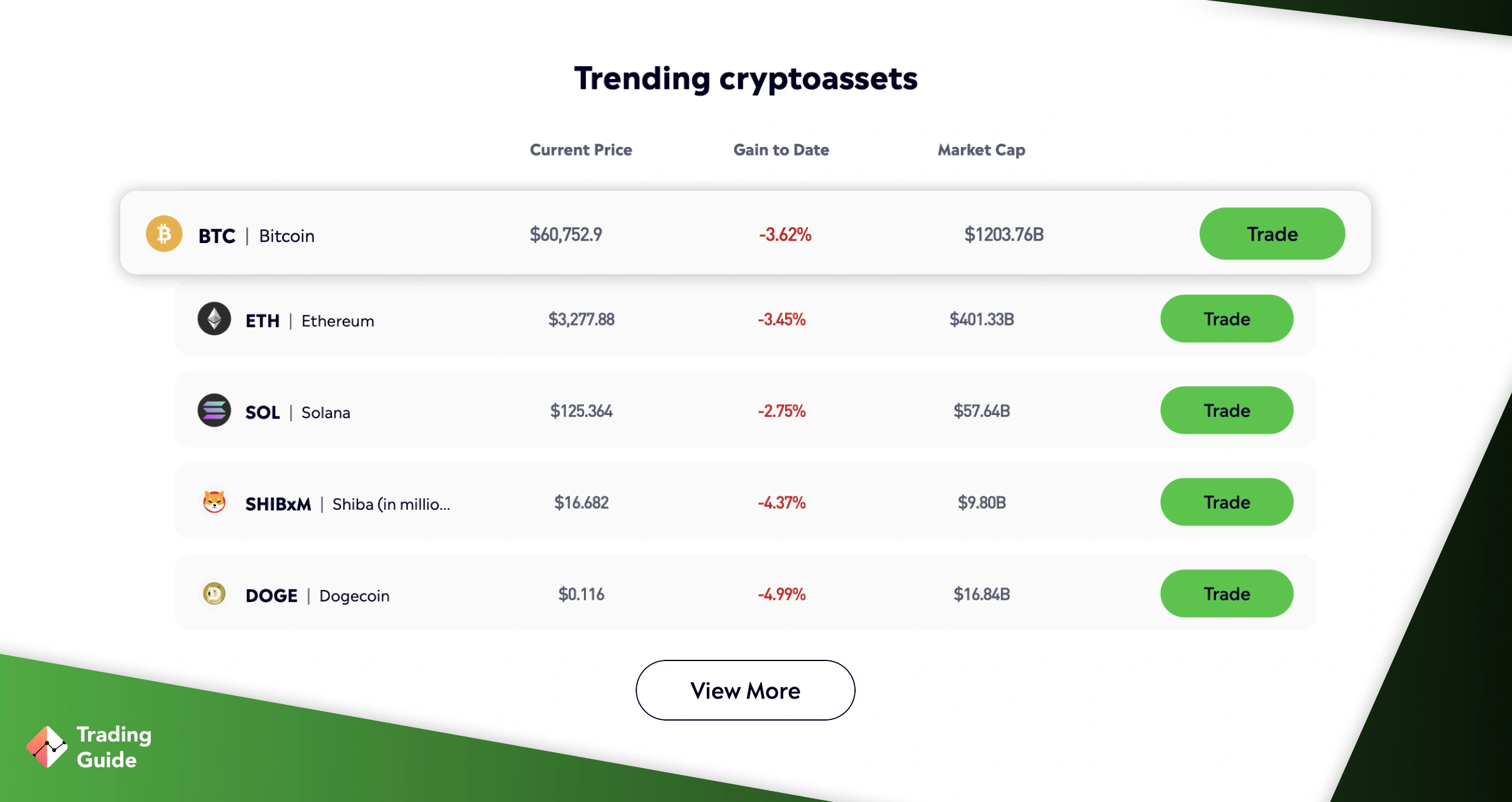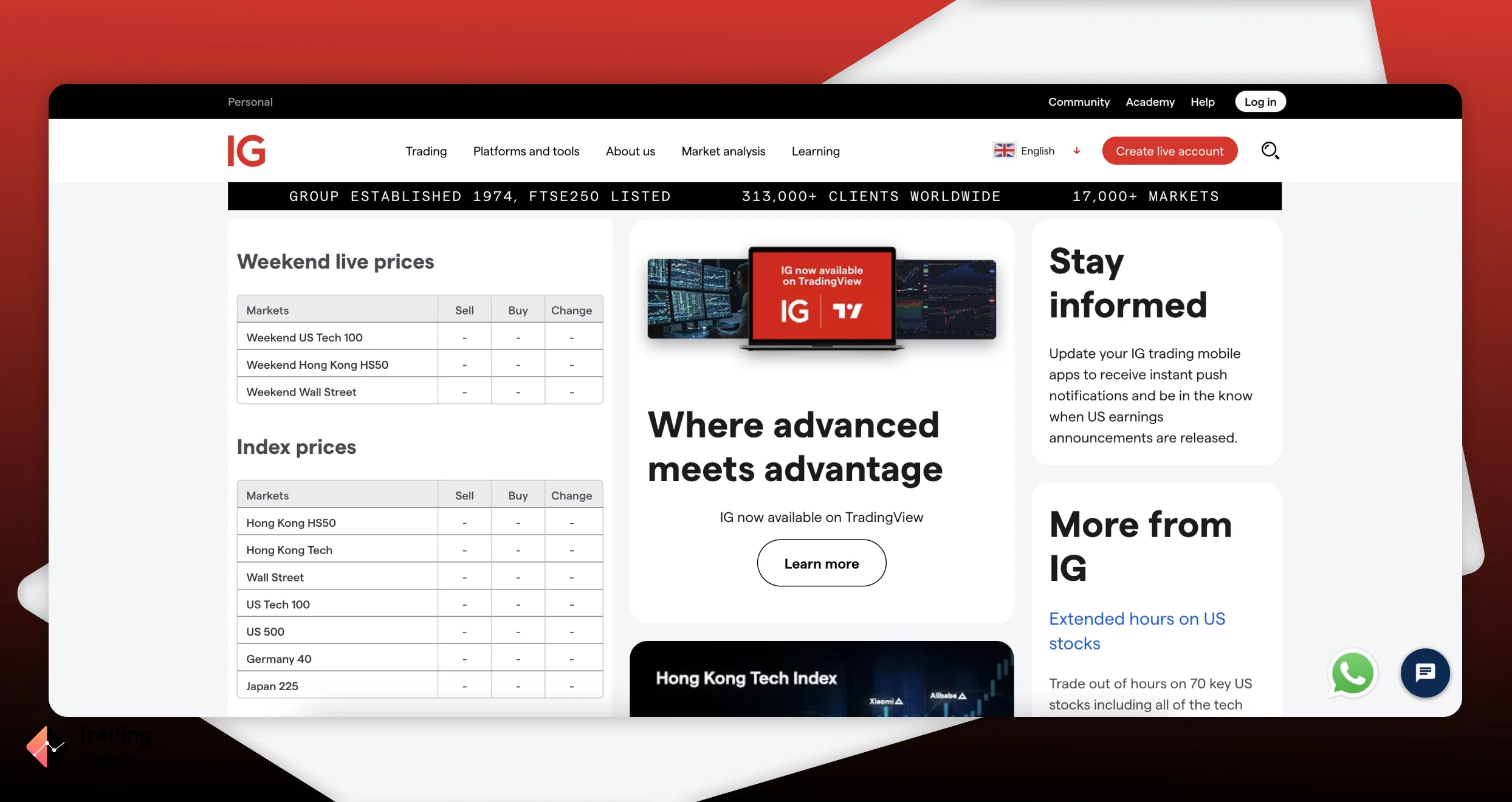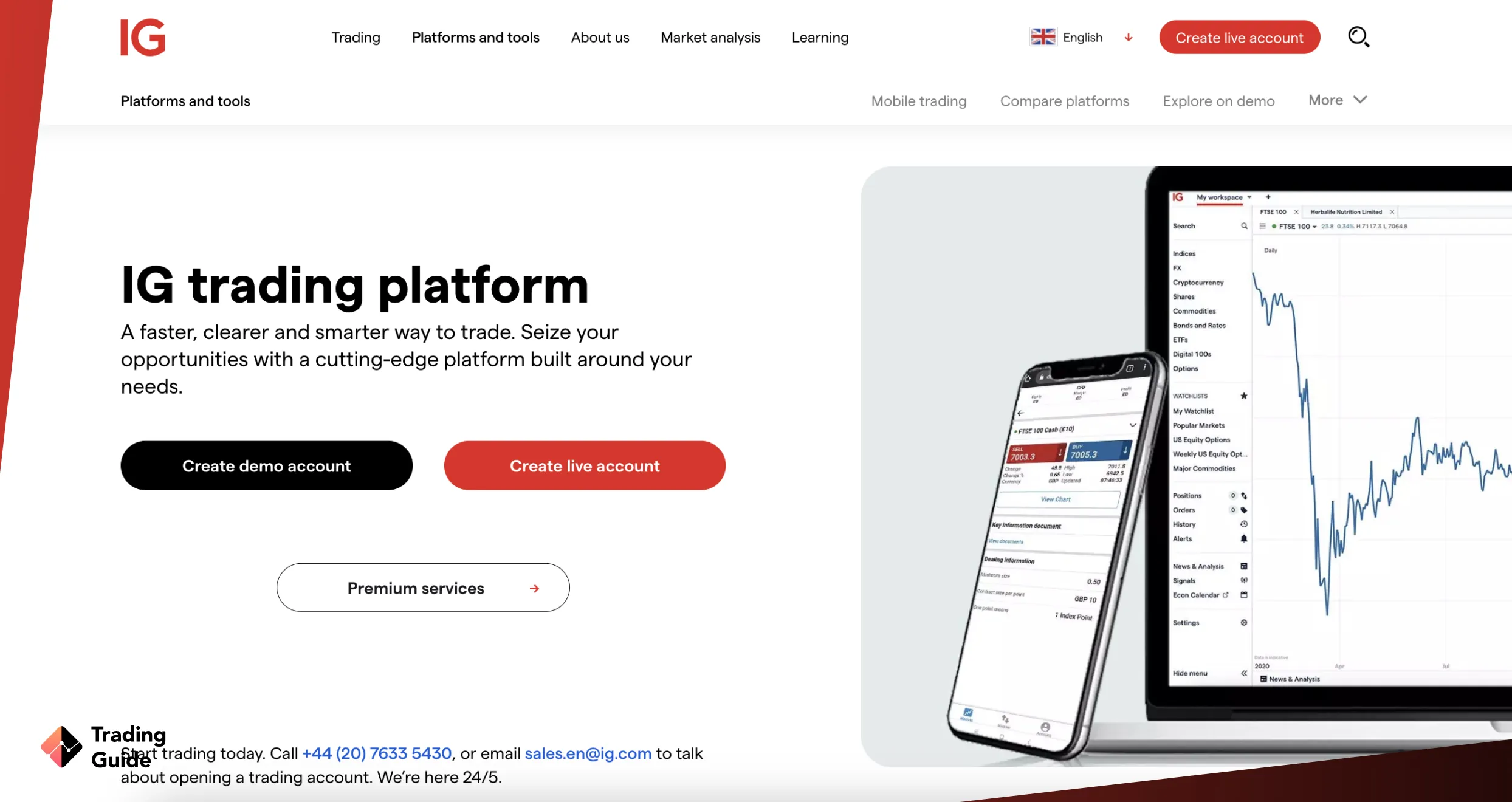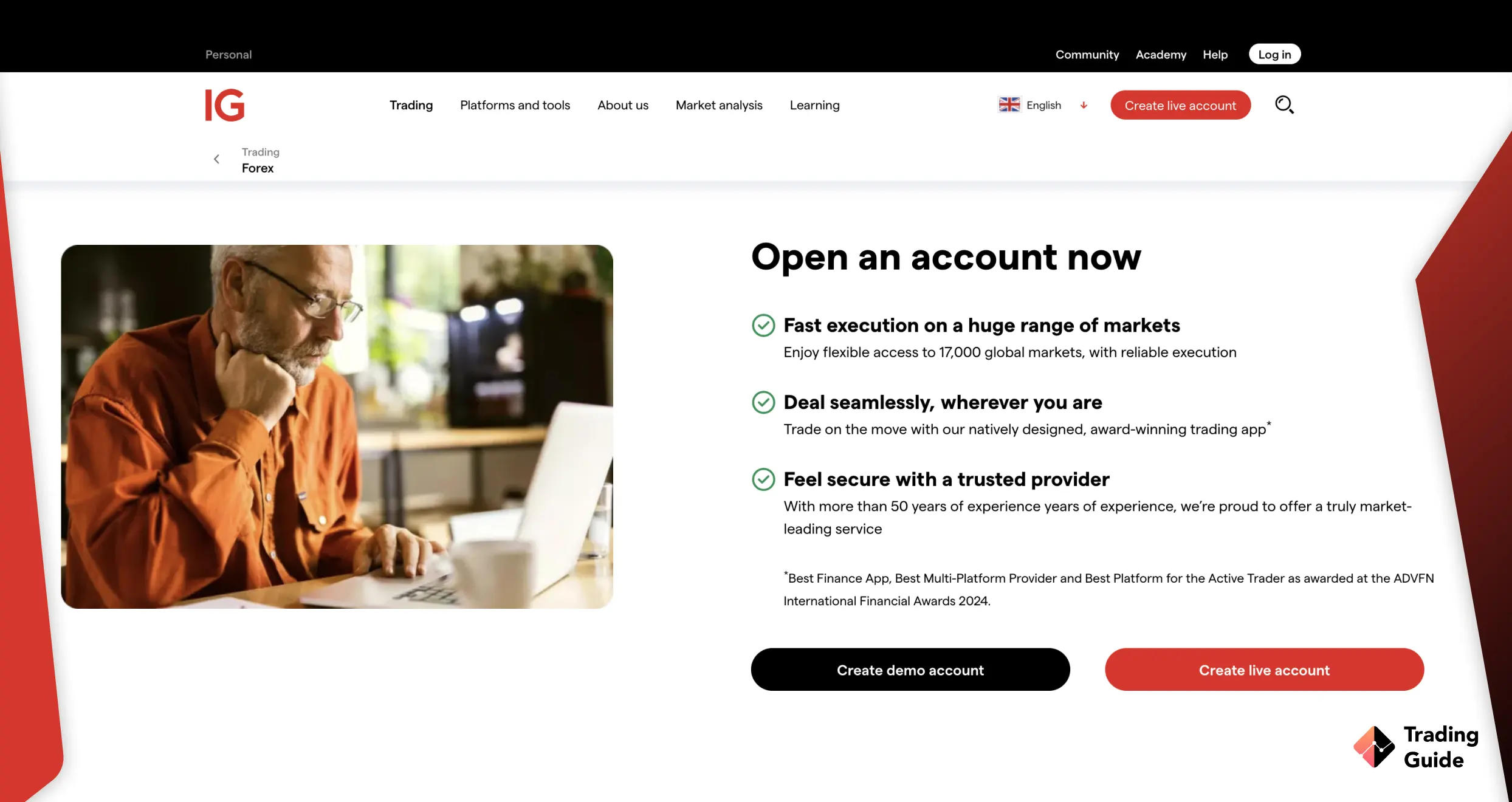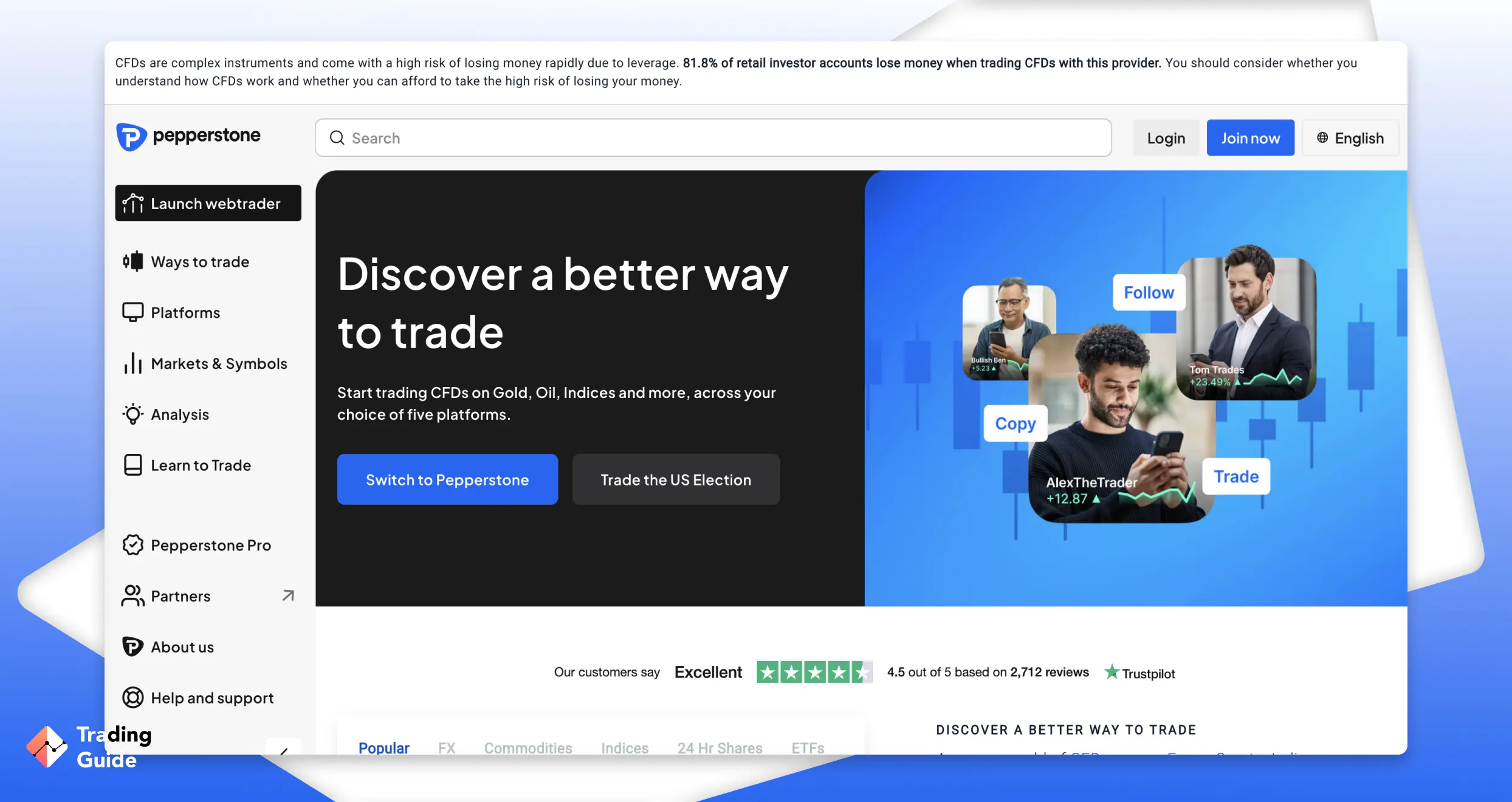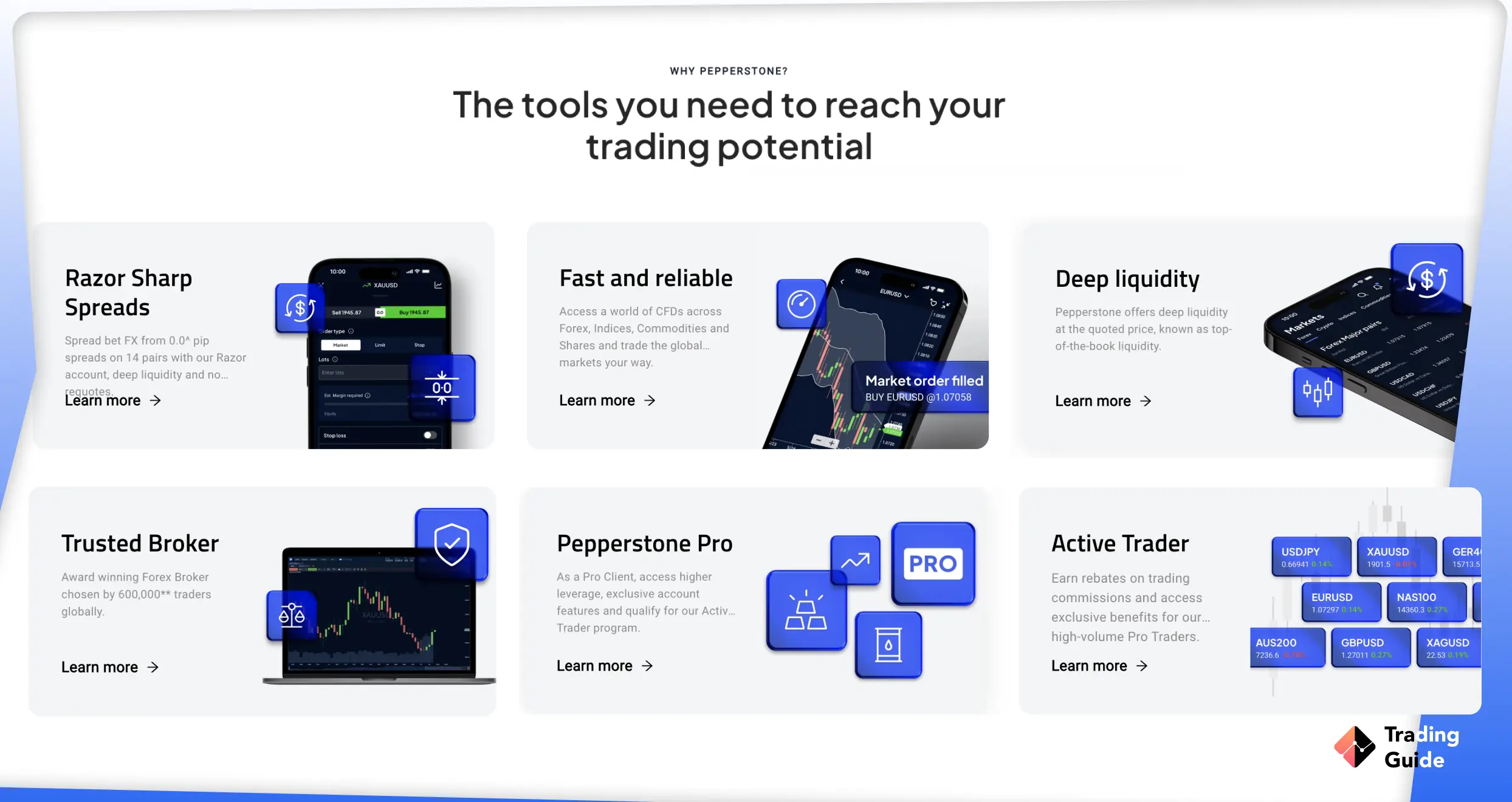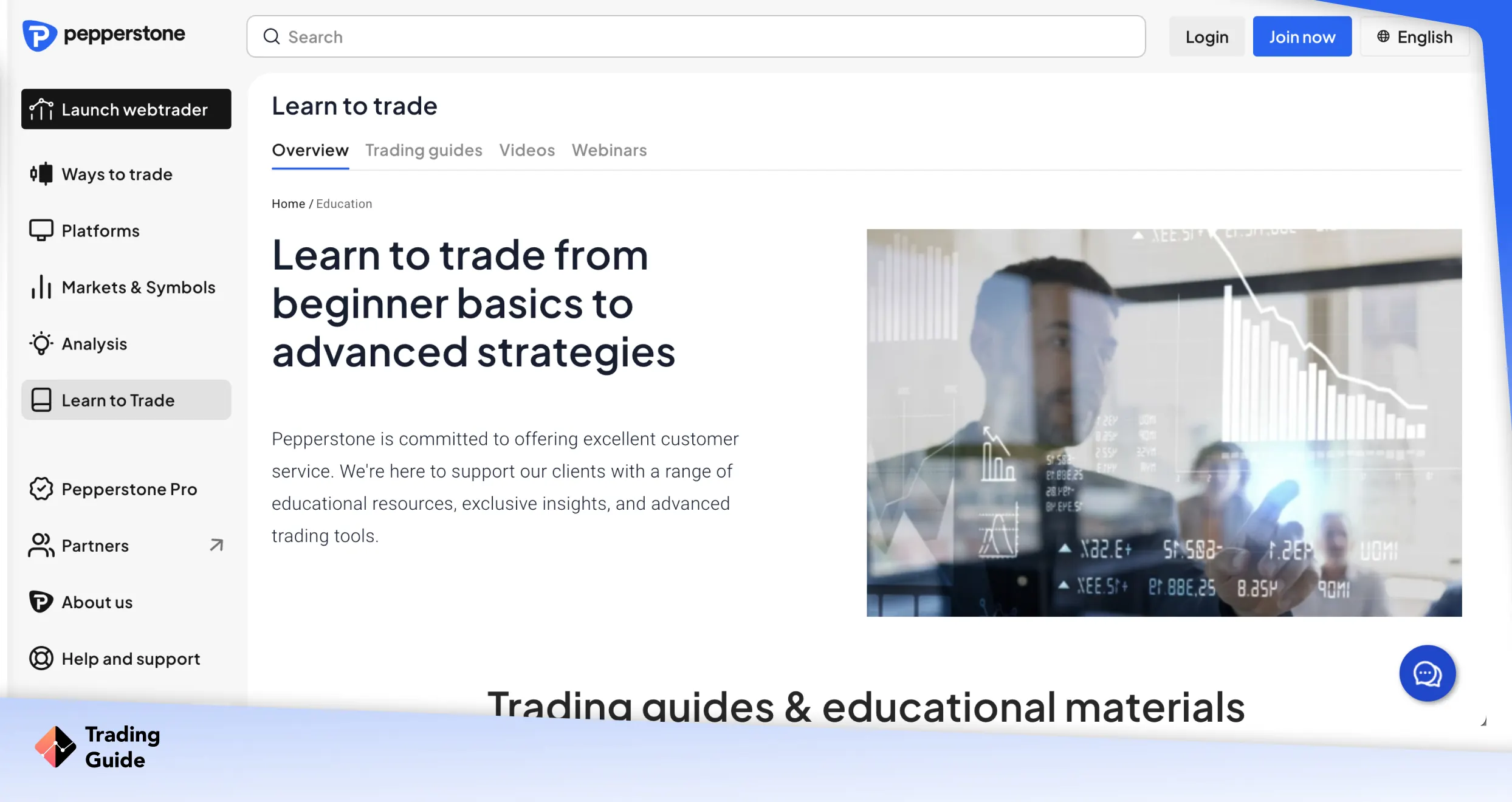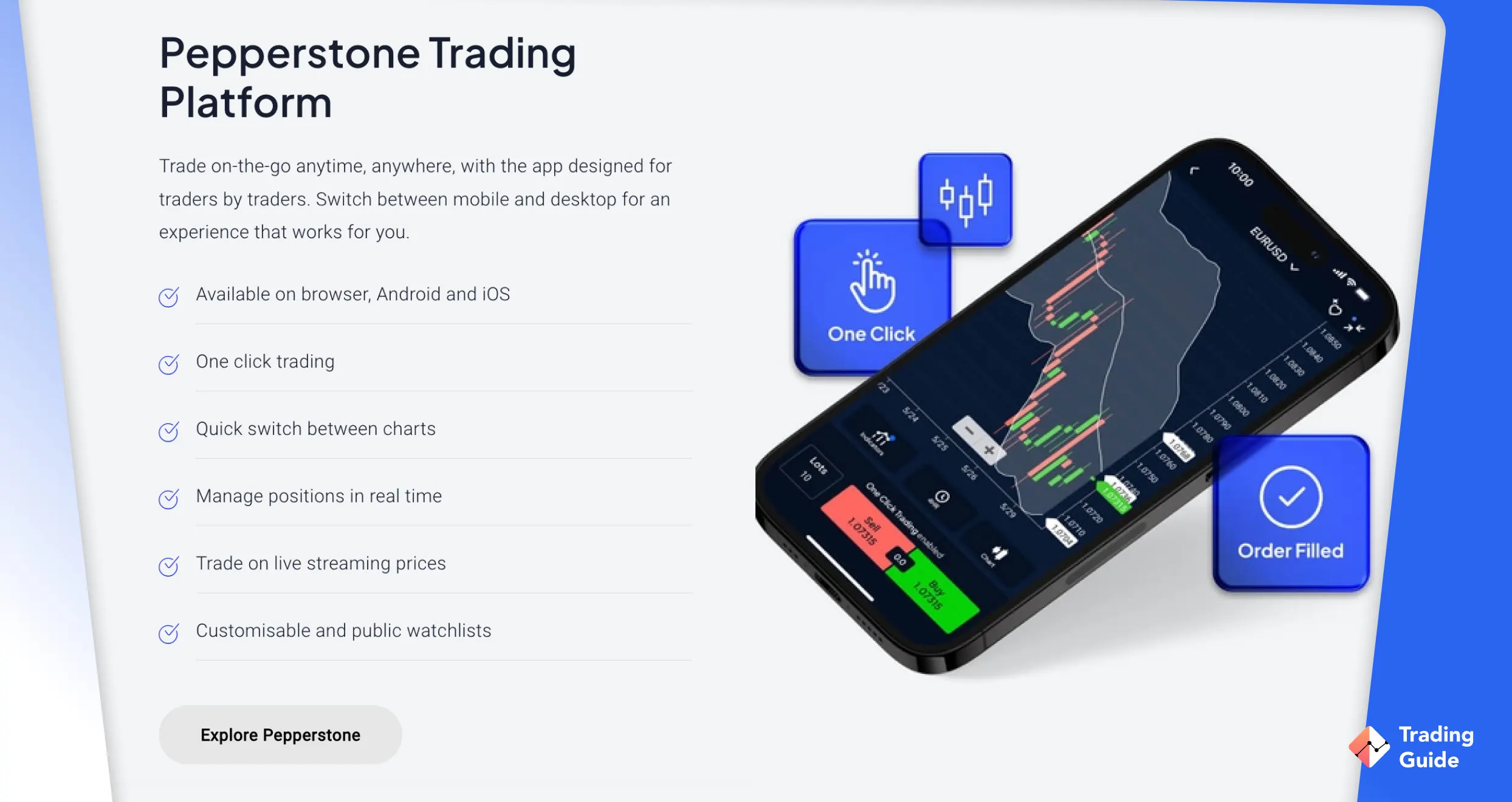For British investors taking their first steps into the stock market, the FTSE 100 offers a grounded starting point. It reflects the performance of the 100 largest companies listed on the London Stock Exchange, including well-known names like Tesco, Lloyds, and BP. These are not high-risk growth stocks but established firms with significant market value.
Beyond name recognition, FTSE 100 shares offer access to stable earnings, regular dividends, and international business exposure. These are all within the framework of UK regulation. Understanding how to enter this space, from selecting a broker to navigating market risks, is essential for building a confident investing strategy.
Brokers to Invest in the FTSE 100 Shares
Choosing an index broker that matches your goals is one of the first practical steps in investing in FTSE 100 shares. Here are three widely used brokers that offer access to FTSE 100 shares for UK-based investors.
1. eToro
eToro has become a popular choice for beginners thanks to its clean interface and zero-commission share trading. It supports a wide range of global and UK-listed stocks, including those in the FTSE 100. A key feature is its social trading function, which lets users view and copy other investors’ strategies. However, withdrawal and inactivity fees can apply if you trade infrequently.
Disclaimer: eToro is a multi-asset platform which offers both investing in stocks and cryptoassets, as well as trading CFDs.
Please note that CFDs are complex instruments and come with a high risk of losing money rapidly due to leverage. {etoroCFDrisk}% of retail investor accounts lose money when trading CFDs with this provider. You should consider whether you understand how CFDs work, and whether you can afford to take the high risk of losing your money.
Zero commission means that no broker fee will be charged when opening or closing the position and does not apply to short or leveraged positions. Other fees apply including FX fees on non-USD deposits and withdrawals. Your capital is at risk. For more information, click here.
- Zero-commission share dealing
- FCA-regulated and beginner-friendly
- Social/copy trading tools for new investors
- Wide range of global and UK-listed stocks
- Withdrawal and inactivity fees
- No ISA or SIPP accounts for tax-efficient investing
- Research tools are more limited than traditional brokers
2. IG Markets
Founded in the UK, IG Markets offers a comprehensive platform for those who want more than basic investing tools. It provides access to the full FTSE 100, along with thousands of international shares. While IG charges a commission on trades, it also offers advanced charting, research, and risk management features. It’s better suited to active investors or those exploring spread betting and CFDs.
Your capital is at risk
- FCA-authorised and well-established UK broker
- Full FTSE 100 access plus thousands of global shares
- Advanced charting and research tools
- Spread betting and CFD options for active traders
- Commission fees on trades
- More complex than beginner platforms
- Higher minimum deposit than some app-based brokers
3. Pepperstone
Pepperstone is primarily known for forex and CFD trading. It lets users trade FTSE 100 shares via contracts for difference, meaning you speculate on price moves without owning the shares directly. This approach appeals to short-term traders, but leverage and volatility increase risk, improving it for experienced investors with a defined strategy.
- Competitive spreads for CFD trading
- Advanced tools suited to active traders
- FCA-regulated broker with a strong track record
- Fast execution and access to global markets
- No direct ownership of shares (CFDs only)
- Higher risk due to leverage
- Not suitable for long-term investors seeking dividends
How to Choose the Right Broker for Investing in the FTSE 100 UK
The right broker depends on how you plan to invest. Some platforms are better for long-term strategies, while others suit short-term or more active trading.
If you want to buy and hold shares, eToro or IG Markets’ share dealing account offers simple access to FTSE 100 stocks. If you’re more interested in short-term trading, IG’s advanced tools or Pepperstone’s CFD platform may suit you better. For beginners, eToro’s clear layout and social features are often a good starting point.
Here’s what to look for when comparing brokers:
Some brokers offer zero-commission trades but may charge for withdrawals, currency exchange, or inactivity.
This can range from £1 to £250 or more, depending on the platform.
If you want to invest tax-free, check whether the broker offers a Stocks and Shares ISA.
Good support, demo accounts, and clear guidance can help you avoid beginner mistakes.
Choosing a reliable, well-regulated platform with fair costs and the right features makes a real difference. Not just at the start, but throughout your investing journey.
FTSE 100 Share Price Today
The FTSE 100 index moves throughout each trading day, tracking the performance of the 100 largest companies listed on the London Stock Exchange. When people refer to the FTSE 100 share price, they usually mean the index value, not a single stock.
This index is weighted by market size, so larger firms have a greater impact on its direction. A 0.5% rise means the biggest UK-listed companies have gained overall, though individual shares may tell a different story.
For example, if BP shares jump due to oil prices, it can lift the index even if others fall. That’s why it’s worth looking beyond headlines.
Most index brokers and financial sites provide live data. Below, our interactive chart shows the FTSE 100 share price today, along with past trends and stock-level shifts. It’s a practical tool for spotting movements and making more informed decisions.
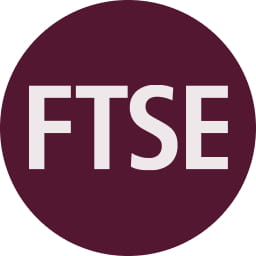
Why Invest in FTSE 100 Shares?
FTSE 100 shares offer UK investors a clear and accessible route into the stock market. The index includes some of the most established companies on the London Stock Exchange, making it a practical option for those starting out.
Global Exposure from Home
Several FTSE 100 companies, including Shell, HSBC, and Unilever, operate on a global scale. Buying their shares gives you indirect access to international markets, all through a UK-based investment platform.
Consistent Dividend Income
A large portion of FTSE 100 companies pay regular dividends. For investors focused on income, this can provide a steady return alongside potential growth.
Well-Known Names
Familiar brands like Barclays or Marks & Spencer can be easier to understand and follow. This helps newer investors make more informed choices based on products and businesses they already know.
Clear Regulation and Reporting
These companies are closely watched by regulators and analysts. That means reliable data, regular updates, and fewer surprises, which is useful for building trust in your investments.
ISA-Friendly Investing
When bought through a Stocks and Shares ISA, FTSE 100 shares can grow without triggering capital gains or income tax. This makes them a tax-efficient tool for long-term planning.
Risks to Be Aware Of
FTSE 100 shares are often seen as more stable than smaller stocks, but they’re not risk-free. Understanding potential downsides can help you invest with greater clarity and control.
Market Volatility
Even the largest companies face ups and downs. Share prices can fall due to political changes, economic shocks, or disappointing earnings. Sharp moves aren’t limited to smaller firms, as big names can also underperform.
Sector Imbalance
The FTSE 100 is dominated by companies in sectors such as banking, energy, and consumer staples. If these industries experience a downturn, the overall index can be affected. Diversifying beyond the FTSE 100 can help reduce this concentrated risk.
Uncertain Dividends
While many FTSE 100 stocks pay dividends, these payments aren’t guaranteed. Companies may cut or pause dividend payments if earnings decline could affect investors relying on regular income.
Currency Risk
Many FTSE 100 companies earn in dollars or euros. If the pound strengthens, foreign revenues may convert to fewer pounds, lowering reported profits. If the pound weakens, earnings may appear higher, but it’s not always a true gain.
Interest Rate Pressure
When the Bank of England raises interest rates, some investors shift to safer assets like bonds. This can lead to reduced demand for shares, particularly in slower-growth sectors.
Keeping track of market developments and reviewing your portfolio regularly can help reduce the impact of these risks.
FAQs
For a company to be included in the FTSE 100, it should be listed on the London Stock Exchange. The company should also be among the top 100 companies in the UK based on market capitalisation. This means that a company can lose its listing in the FTSE 100 once its market capitalisation drops.
Most of the companies included in the FTSE 100 are popular. However, since their performances vary over time, it will be challenging to tell which company has the best profit potential. So, the best company to invest in will depend on how well you understand its performance and can strategise.
Absolutely. FTSE is a popular index not only in the UK but also globally. Even though its share price has been fluctuating, the index has witnessed good returns. This means that the FTSE 100 can be lucrative with good planning and strategy.
We usually advise beginner investors to start FTSE trading by learning its share price performance and conducting a thorough analysis. Then, choose the best broker and create a trading account to access the index. Other than buying the index fund, most brokers will allow you to trade the FTSE 100 as CFDs and ETFs.
Conclusion
FTSE 100 shares give UK investors access to stable, well-known companies with strong global reach. Choosing a suitable broker, staying aware of market shifts, and weighing both opportunity and risk are key steps in building a solid foundation.
Success rarely comes from perfect timing. It comes from steady, well-informed decisions made over time. For many new investors, the FTSE 100 is a logical and accessible place to start that process.






